
The Free Press

At dinner time on December 2 , I received a text from Elon Musk, CEO of Tesla, founder of SpaceX, founder of the Boring Company, founder of Neuralink, on most days the richest man in the world (possibly history), and, as of October, the owner of Twitter.
Was I interested in looking at Twitter’s archives, he asked. And how soon could I get to Twitter HQ?
Two hours later, I was on a flight from Los Angeles to San Francisco with my wife, Free Press writer Nellie Bowles, and our three-month-old baby.
In the days that followed, we—the journalist Matt Taibbi; investigative reporters connected to The Free Press, including Abigail Shrier, Michael Shellenberger and Leighton Woodhouse; plus Free Press reporters Suzy Weiss, Peter Savodnik, Olivia Reingold, and Isaac Grafstein—camped out in a windowless, fluorescent-lit room at Twitter headquarters and began looking through the company’s vast archive of internal communications.
The only condition Musk imposed was that we first publish our findings on Twitter itself. (We did. Today, on The Free Press, we are publishing versions of those stories that aren’t limited to 280-character chunks.)
Twitter was founded in 2006. It is impossible to calculate how many emails and internal Slack messages and reports it has generated over the years. Looking for information about big subjects relevant to the public—the question of whether Covid-19 started with a leak from a laboratory in Wuhan, say, and how the platform suppressed or shaped the conversation around it—is like trying to put together a 100,000-piece jigsaw puzzle.
We also had to work through lawyers using e-discovery tools—software designed for lawyers to help them search huge amounts of information. So we entered search terms—mostly dates and names of former Twitter executives—and, over many hours, files would pop up. We then stitched together a chronology of events and communications.
We did not selectively retrieve, or cherry-pick, files with an eye toward servicing a particular agenda. Our goal was simply to figure out what had happened at crucial moments in the history of the country and the company.
As for Musk’s aim?
What was his goal in asking us to exhume the so-called Twitter Files? And why did the man obsessed with outer space decide to spend $44 billion on a social media platform that has made most of us feel more claustrophobic?
Those are much harder questions.
To hear Musk tell it, his motivation is obvious: It’s about saving the world.
“I’m not going to spend $44 billion to reinstate a satire blog,” Musk said about the Babylon Bee, which had been banned from Twitter in March 2022. “I did it because I was worried about the future of civilization,” he told us late one night.
As far as Musk sees things, “birth rates are plummeting, the thought police are gaining power, and even having an opinion is enough to be shunned. We are trending in a bad direction.”
He says he wants to transform Twitter from a social media platform distrusted and despised by at least half the country into one widely trusted by most Americans. To have it fulfill its highest mission: that of a digital town square where all ideas can be heard, and the best will win out.
“If there is one information source that breaks ranks, then I think it ultimately forces others not to have the same narrative,” he said. “If even one organization competes hard for the truth, others will have to follow.”
To win back that trust, Musk figured it would require being honest about what had, until very recently, been going on at the company he had just bought: the suppression of disfavored users; the curtailing of certain political views; the censorship of stories like the Hunter Biden laptop; and the extent to which the government had tried to influence such decisions.
“We have a goal here, which is to clear the decks of any prior wrongdoing and move forward with a clean slate,” Musk said in one of many conversations that took place over the course of a week. “I’m sleeping at Twitter HQ for a reason. This is a code-red situation.” (He put it even more forcefully on Twitter, where he said that the company was a “crime scene.”) And so he has been sleeping there on-and-off, claiming a sofa. His 2-year-old son, named X, was almost always nearby.
Musk, who is a South African native, analogized the work of cleaning-house at Twitter several times to a kind of Truth and Reconciliation Commission. But what looks to some like truth and reconciliation can look to others like revenge.
At one point after midnight, as Musk showed off a closet of swag, including t-shirts left by the previous crew that said “Stay Woke,” he joked: “The barbarians have crashed through the gates and are pillaging the merch!”
Remember: After Musk made his offer to buy Twitter in April, he tried to get out of it in July, arguing that the company had not been honest about the percentage of fake users and bots on the site. But the company sued to force the deal, and he went ahead with it.
Musk estimates that he paid at least twice what it was worth but that he had to “chew down this hairball”—which is to say, he had to buy Twitter.
The price tag isn’t his only grievance. There’s also the fact that the company, to hear him tell it, wasn’t really a functioning company at all.
When Musk took over, he said, he found Twitter in disarray. Employees had unlimited vacation time and permanent work from home. The company had stopped doing performance reviews altogether, according to a long-time Twitter employee. “As long as Twitter could just keep its head above water and be roughly cash-flow break-even, then that’s all that they cared about,” Musk said.
Musk calls the Twitter he purchased a “non-profit.” Twitter, as it existed, wasn’t pursuing net earnings but “social influence,” he said. “This was fundamentally an activist organization.”
Since he took the helm at Twitter, he has fired 80 percent of the staff. He has insisted that those not prepared to be “extremely hardcore” and work “long hours at high intensity” show themselves out. Several engineers I spoke to had been working 18-hour days for the past month. They looked like it.
“It’s like if an aircraft was going in one direction and then suddenly pulled a U-turn and hit the afterburners in the other direction. That’s what happened to Twitter,” Musk said, making a vroom noise and laughing.
In the two stories we are publishing today—Twitter’s Secret Blacklists and Why Twitter Really Banned Trump—you’ll see evidence of Musk’s claim that, at Old Twitter, “they were pressing the thumb hard in favor of the left. On the left, you could get away with death threats. On the right, you could get suspended for retweeting a Trump rally.”
In one sense, that shouldn’t be surprising. Twitter is in San Francisco. Its workforce is between 97 and 99 percent Democrat. If institutions are just people, well, of course Twitter would more readily censor conservatives.
What’s surprising is how thoroughly Twitter misled the public, insisting that they didn’t suppress disfavored users and topics when they absolutely did.
Musk promises that the future of Twitter will be a “level playing field” and that it will be “consistent and transparent.” He believes “the algorithm should be open-source, so people can critique it.” It sounds very good.
But if the story of Old Twitter is about the biases and prejudices and power trips of the company’s former overlords, the question is what Musk will now do with the powerful tools they created? What does it mean when the owner of Twitter tweets that his pronouns are “Prosecute/Fauci”?
Lots of people thought it was hilarious. Many others thought it was horrifying. It’s certainly not apolitical. Doesn’t that take us back to where we were before?
Just yesterday, news broke of Twitter banning @ElonJet, an account with half a million followers that tracked the movements of his plane. Musk justified it by saying, “Any account doxxing real-time location info of anyone will be suspended, as it is a physical safety violation,” and noted that a stalker recently climbed onto a car carrying his young son. Another answer could simply be: I own Twitter. My platform, my rules.
Much more seriously, Musk has business interests in China. Could he wind up suppressing information negative to China to please the CCP? Old Twitter was moderated by the morals and mores of one group. Now it is moderated by the morals and mores of one man.
If I took anything away from my week at Twitter, it’s about power. It’s about how a handful of unelected people at a handful of private companies can influence public discourse profoundly.
They can do it because of how good the tools they made are—and how little the public understands them. They can influence the outcome of elections. And they do.
Because all of those people tend to move and think as one, there is something refreshing about Musk barging into the Twitter Tower on Market Street and turning over the tables. But I’m not sure anyone should have that kind of power.
At one point I asked Musk what he makes of this criticism—that just as the old guard at Twitter had too much power, so does he.
“I’m open to ideas,” he said.
One additional note: For the past few days, conservative media—and social media—has thought this was the biggest story in the world. The legacy press—and those Americans who rely on it—barely seems to know it exists.
It’s hard to think of a story that more vividly exemplifies a problem we are trying to tackle here at The Free Press.
We are living in a culture that’s been suffering from a lack of open, transparent, informed, public debate. For people to have the courage to speak their minds, they have to know, at least, what’s happening.
Twitter’s former leadership curtailed public debate; drew arbitrary lines about what’s fake and what’s real; and gaslit ordinary Americans. Musk says he won’t do that. Perhaps we’ll have to wait for the inevitable third owner to open up another set of archives. I’ll drag my teenage daughter back onto a plane for it.
Read Our Twitter Reporting:
Why Twitter Really Banned Trump
And if you believe in honest, dogged, independent journalism please become a subscriber today:




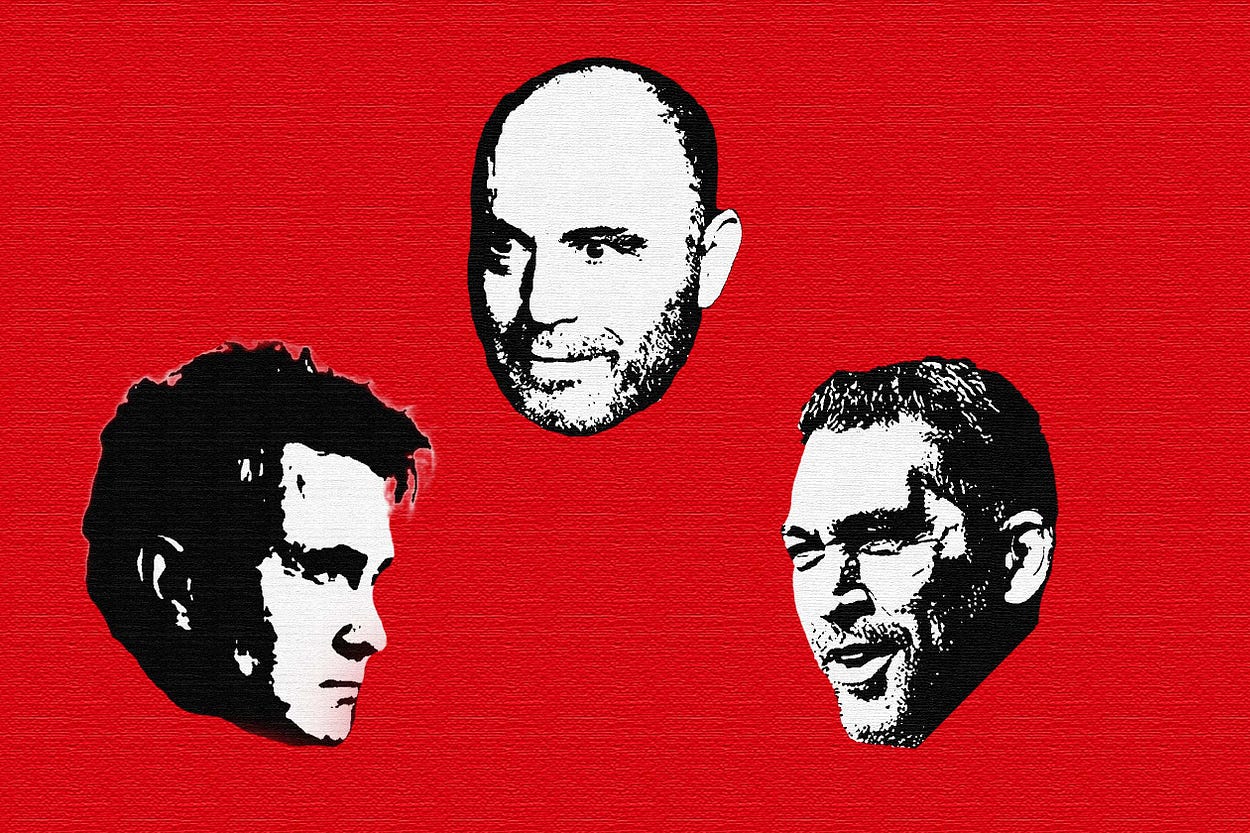

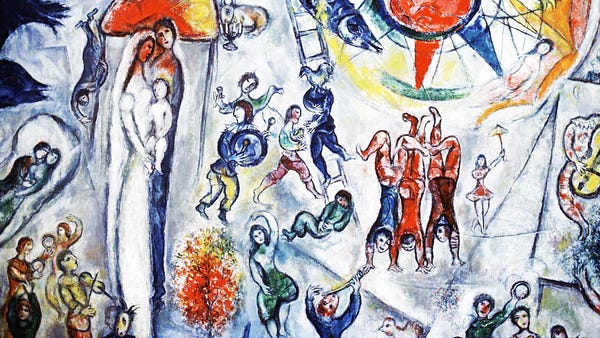

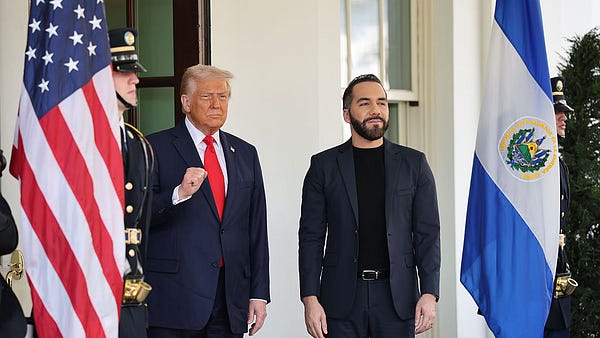

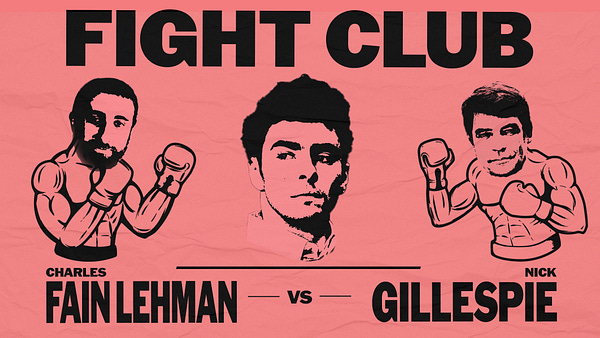

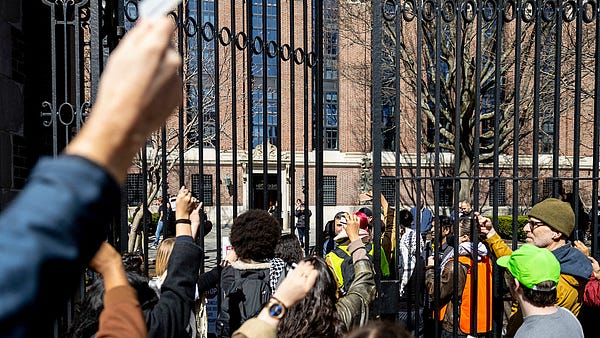

It would be really nice to have a filter that spares the reader all the incendiary rhetoric. Woke, Nazi, Reich wing, etc... are thrown so often it is hard to follow. I appreciate everyone's passion but it would nice to have some decorum if possible.
How close is Twitter to keeping it's transformation on track? Maybe some objective reporting on that? Thanks!